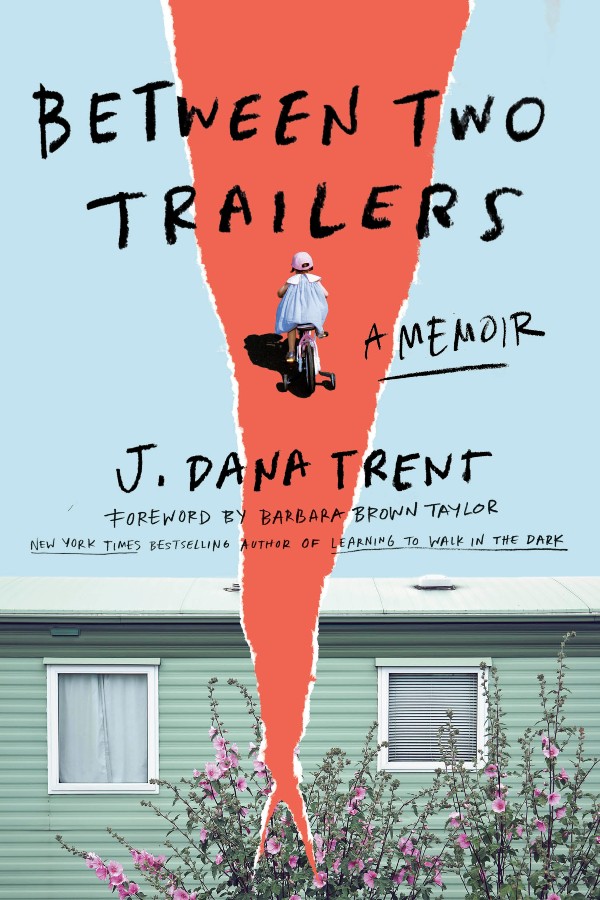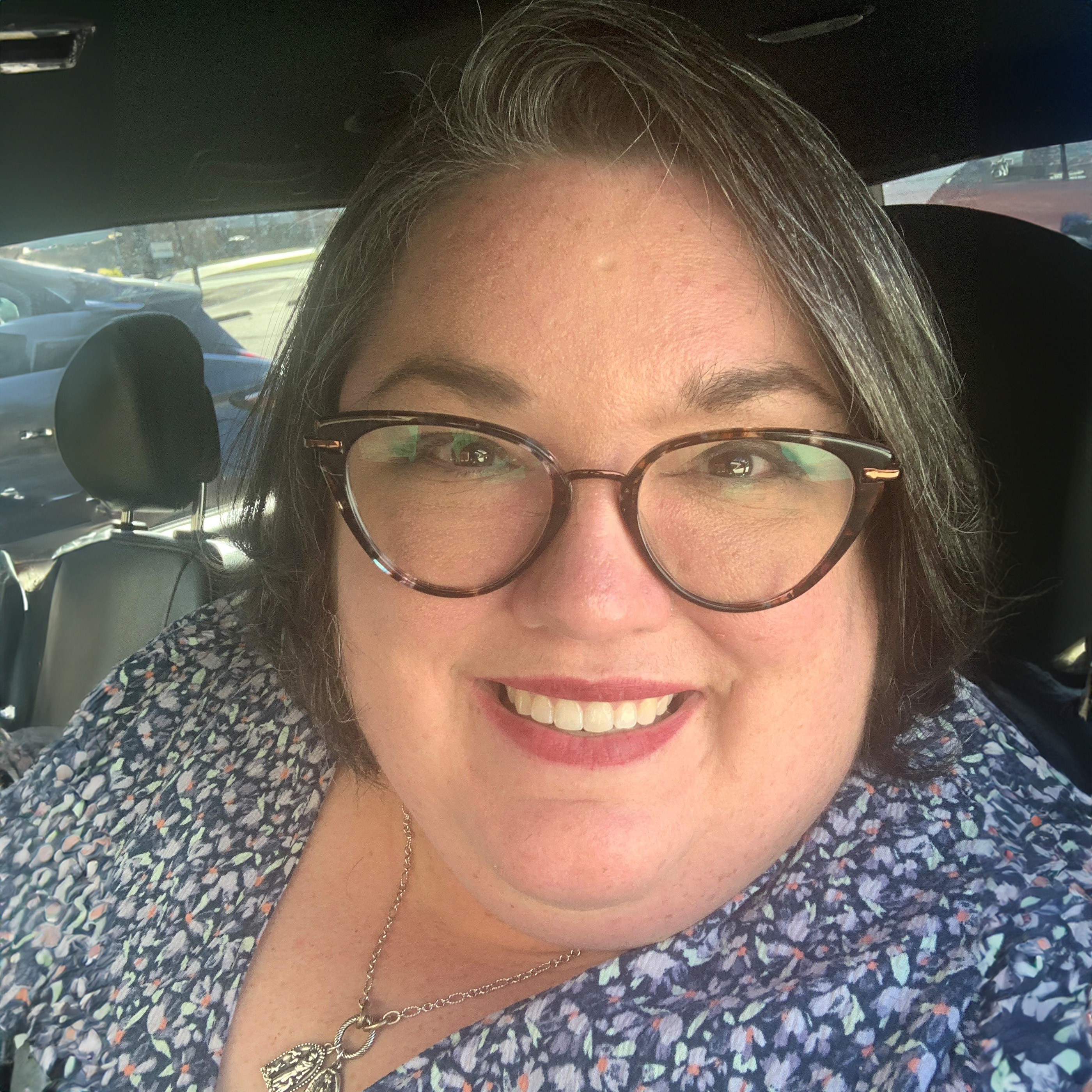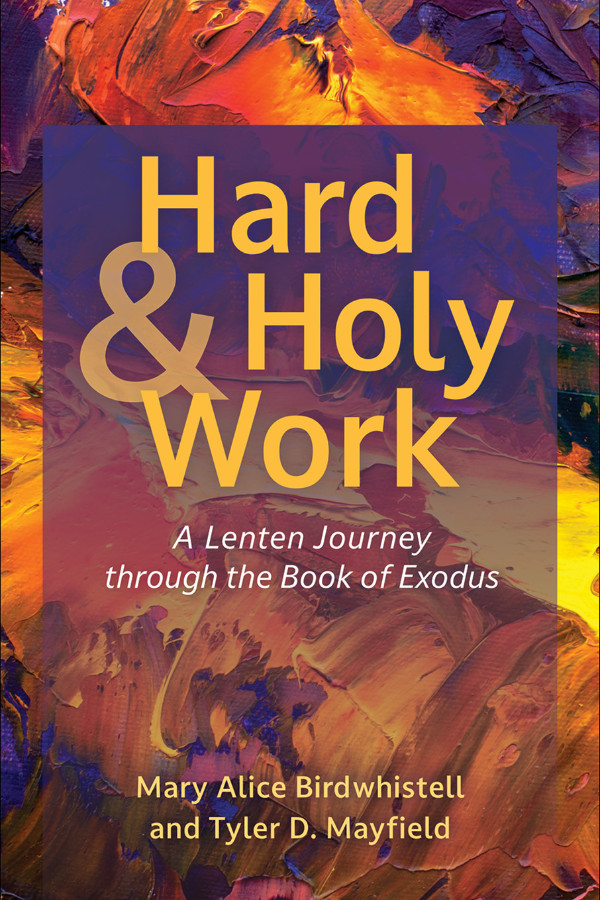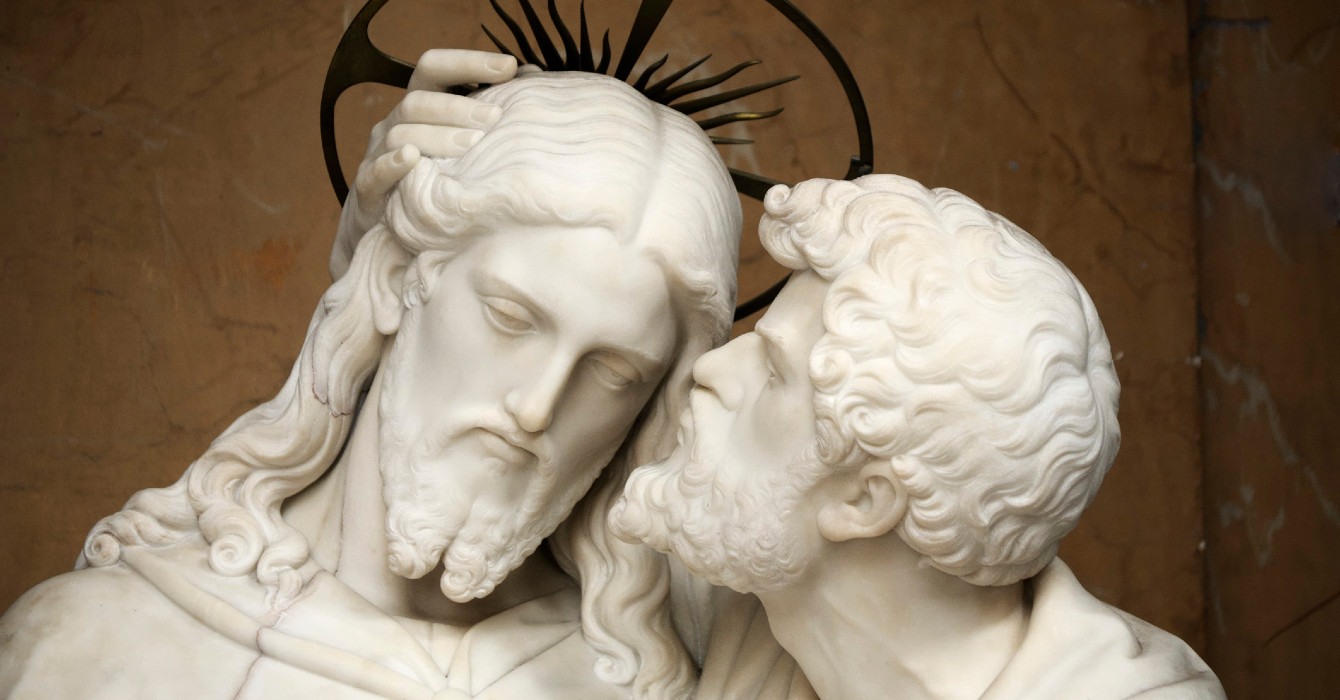As the church observes Lent, American health care reform is at a standstill. On his journey to the cross, Jesus went out of his way to heal. Each week of Lent, Lisa Nichols Hickman will ask, "Is there any balm in Gilead?"
Early in of Mark comes a story about lost regions and a man named Legion (5:1-20). The ‘Gerasene Demoniac’ is about a sense of humanity that calls us to integrate the lost into the community of Christ.
This story is about lost regions. Christ ventures to the country of the Gerasenes, crossing over into Gentile territory. We see here the full sweep of Christ’s mission. He breaks boundaries, visits the lost regions, and gathers up strangers and outsiders into the community.
This is also a text about the lost regions of well-being in us. There are places lost within the neurons of our brains, the crevasses of the human heart, that elude our daily tending. Because these regions are so repressed, we are ill. We experience not only disease of the mind and body, but dis-ease at being incorporated into the community of Christ.
Someone grieving, ill and mentally unbalanced feels noisy, burdensome, unable to integrate into normal patterns of living. This text is about those lost regions. But even more importantly, it is about a person: a man named Legion. One human being to whom Christ attends. Legion simultaneously falls down to worship him, and then to yell at him -- “What have you to do with me? . . . My name is Legion, for we are many.”
Legion suffers from a failure to integrate. The many voices in his head disintegrate his mental and physical health. This disintegration creates a failure to integrate into the community beyond the tombs. The demons torment him with metal shackles and mental health. This is a hard passage.
Until Christ intervenes.
Jesus listened to the difficult voice, the voice of the demons begging, “Let us out into the swine.” The herd of two thousand rushes down the steep bank into the lake and drown.
Healing comes at a cost. One man’s restoration cost over two thousand pigs. What about those pigs? They serve two purposes: one, to demonstrate that the demons are gone. Two, that health comes at a cost. By the end of the story, the people are pleading Jesus to leave (Mark 5:17).
This plea to leave echoes the angst of those opposed to health care reform in our country today. ‘Please leave and let the current power structures remain. We aren’t ready for such great cost to our community.’
When Jack Wennberg examined the costs of health care in rural Maine, he noticed some surprising patterns. Medical tests and expenses varied from region to region. He began to work with doctors to decrease unnecessary tests and increase quality of life. “The United States spends more than $2 trillion on health care every year. The cost of that 30 percent unnecessary care annually? $660 billion,” he said.
This is far more than it should cost to cure a soul like Legion. The problem is not about dollars and cents; it is about doctors and sense. An overhaul of the institutional structure governed by the fear of lawsuit, lagging from the weight of liability costs, and overwhelmed by the paperwork of insurance is as daunting as those Roman legions. I’m not praying for swine over cliffs, but I am praying for a clever solution to the rift between church and society.
The church has almost always had difficulty in knowing how to respond to the Lord’s command to heal. In responding to other imperatives – to preach, to teach, to baptize, to raise children in Christ, even to go and make disciples of all nations -- the church has done well. But for healing? If you searched 100 theology books, I would be surprised if you found any references to the church’s ministry and theology of healing. That is a failure. To be a healthy body of Christ, we need bodies that are healthy. To be an integrated body of Christ, we need people whose minds, spirits and bodies are not dispersed and divided into the many that Legion knew.
There is a cost to this health care. Some pigs may have to die. Some institutions of power and greed need to topple off of a cliff and drown. To heal the whole of humanity, the whole of our world -- one person at a time -- takes resources.
Lisa Nichols Hickman is a Presbyterian Pastor and writer. She serves at New Wilmington Presbyterian Church in New Wilmington, Pennsylvania.











